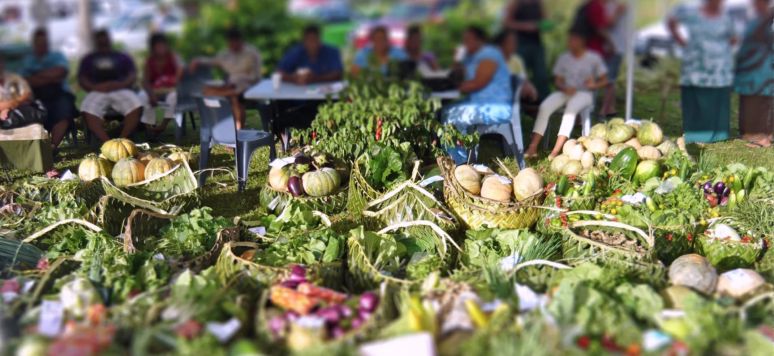Briefings de l'Ifri - Food Systems in the Pacific: Addressing Challenges in Cooperation with Europe Briefings de l’Ifri, March 6, 2023

More frequent climate disasters, rising sea levels, the economic fallout of Covid-19 lockdowns, border closures, supply chain constraints, and the global impact of the war in Ukraine have aggravated the challenge of maintaining sustainable and resilient food systems for Pacific Island Countries (PICs).
Food systems in PICs are of great importance due to their impact on the health and well-being of Pacific peoples, local livelihoods, and national economies. Between 50 and 70% of Pacific people depend on agriculture and fishing activities for their livelihoods. The Pacific is home to extensive crop biodiversity, and Pacific countries are developing unique value chains for markets and international supply. However, they also face unique challenges in realizing equitable benefits in the global food system. Additionally, the Pacific needs to tackle issues like malnutrition and non-communicable diseases. Urgent global and local action is needed to manage climate change and other risks and ensure resilient food systems.
Europeans are also confronted with the global food crisis and are actively working with their Pacific partners to find and fund solutions to address current and future risks by investing in local sustainable food systems. This Briefing explains the complex issues at stake regarding food systems in PICs and explores ways to address these challenges, both at the local level and in cooperation with Europeans.
This Briefing is based on discussions that took place during the webinar "Food Security in Times of Crisis: Connecting the Pacific and Europe [1]," organized by the French Institute for International Relations (Ifri)'s Pacific Islands Program in partnership with the Pacific Community (SPC) on December 8, 2022. Contributions from panelists will, therefore, be highlighted.
This Briefing was supported by the Pacific Community (SPC):
